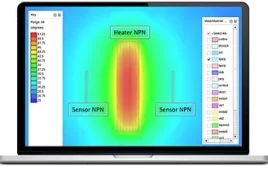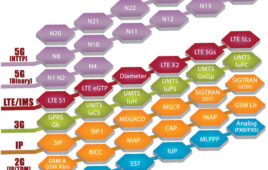A new study suggests the use of smartphones to shop for and pay for goods is increasing the importance of digital assistant technology in commerce.
The report, conducted by analysts from telecom equipment giant Ericsson, said the pattern was likely to bolster the market for connected sensors and devices — and predicted “the type of shopping assistant … will soon be more important than the actual purchase decision.”
The analysis was based on a January 2018 online survey of 5,048 individuals across 10 cities: Johannesburg, London, Mexico City, Moscow, New York, San Francisco, São Paulo, Shanghai, Sydney and Tokyo.
The respondents, aged 15 to 69, were characterized as “advanced internet users” representing about 50 million “urban early adopters” out of the 180 million combined residents of those cities.
The survey found that 43 percent of participants shopped using their smartphones at least once a week and that 67 percent regularly used their devices to pay in stores.
Forty-five percent, meanwhile, used digital voice assistants on a weekly basis.
The increased emphasis on digital assistants would generate more demand for smart home speakers, as well as for connected appliances and Internet of Things-enabled sensors, Ericsson analysts wrote.
The type of digital assistant used by shoppers, however, could make a more dramatic impact. The survey found that nearly half of respondents wanted help “making shopping decisions easy,” which could be accomplished with a smart “personal shopping advisor.”
Sixty-three percent, however, wanted more help with price comparisons — and the report suggested a home restocking assistant could take over “almost completely in low-involvement purchasing of everyday household supplies.”
Up to 35 percent of poll participants also used augmented reality or virtual reality at least once a week, and the results indicated the use of those technologies to replicate in-store experiences raised serious questions about the future of brick-and-mortar retail locations.
Home deliveries — and their related automation capabilities — would increase as well in that scenario, while respondents also expressed concern about the data privacy implications of tech companies with access to shoppers’ digital assistants.
“While fascinating in their own right, fast-changing consumer shopping behaviors are important to understand for anyone involved in 5G, smart homes, consumer IoT and artificial intelligence,” said Michael Björn, the head of research at the Ericsson Consumer & IndustryLab.




